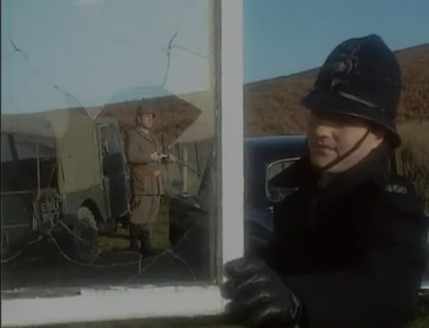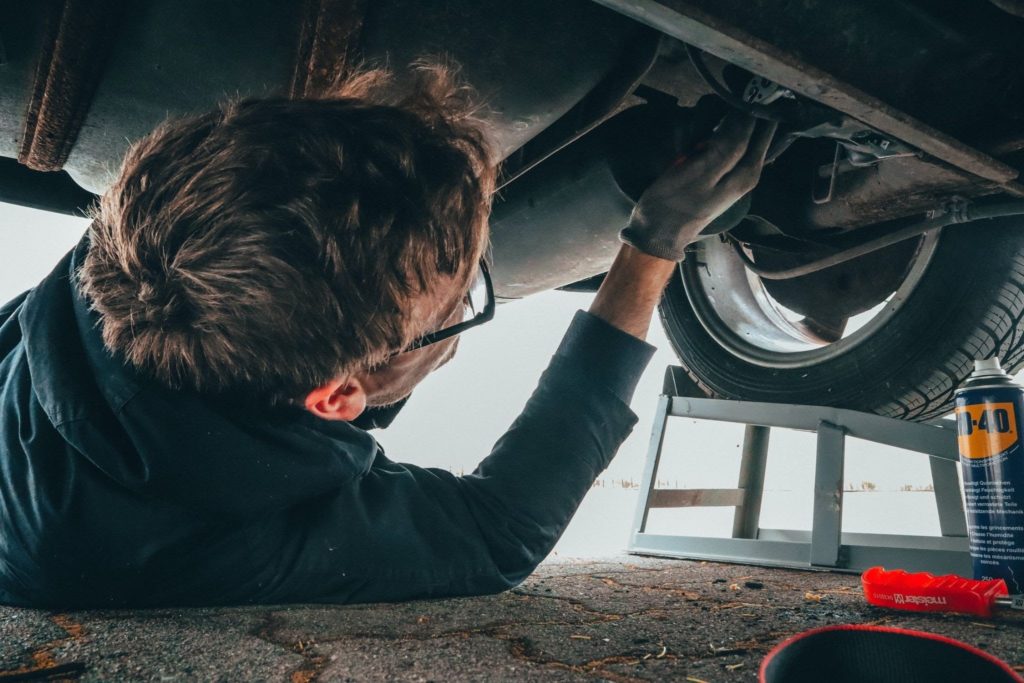Drivers can cause outrage by parking on other’s private driveways, so what can homeowners do to get rid of pesky unwanted parkers?
Car rental experts at StressFreeCarRental.com are providing insight into the bizarre legal loophole surrounding parking laws.
A number of UK households have been stuck with the issue of coming home to see someone else has parked on their private property.
Although it might be assumed a quick call to the authorities would solve this issue, homeowners are often faced with the unfortunate news that a legal loophole means the act can go unpunished.

A spokesman for StressFreeCarRental.com said: “Unfortunately, many homeowners stuck with someone else parked on their driveway are turned away from local authorities and councils as they have no authority to remove vehicles from private properties.
“Although this act can very often go unpunished, there are some things irritated homeowners can do to help avoid this problem happening to them again.”
When a motorist parks on someone else’s driveway there is very little chance of the law getting involved. This is because the council has no authority over private property and cannot dictate or control access.
However, If the car is parked on a public road blocking a driveway, the driver is committing a parking offence. In these circumstances, local authorities have the power to get involved and issue a fine to the motorist.
If a homeowner suspects the vehicle has been abandoned, their local council would be required to move the car regardless of its position on private or public land. However, if the car has up to date MOT, tax, insurance and is not in a position where it could cause danger to anyone around, the council are again powerless.
While there is no criminal law against a stranger parking on a driveway without the homeowner’s consent, a driveway is a part of private property so by driving on to it the unwanted motorist is committing an act of trespassing.
Trespassing is classed as a civil offence rather than a criminal offence, this means that the police do not have the power to make an arrest.
The only way courts would have jurisdiction to remove the car from the driveway would be if the homeowner decided to pursue a civil case for trespassing.
This would involve a solicitor from the homeowner’s side getting the civil court’s permission to find out the legal owner of the unknown vehicle and the court would then need to make an order to remove the vehicle.
Alternatively, the affected party could pursue a legal claim for nuisance behaviour. This would need to be on the grounds that the driver is interfering with the use and enjoyment of the property.
Homeowners should be aware pursuing action through the courts can be a long and potentially costly process if they do not have legal expenses insurance.
In the hope of catching the driver of the unwanted vehicle and discussing the issue sensibly, homeowners can park their car behind the vehicle of the perpetrator.
The best thing for the owner of the driveway to do is keep calm and try to not let the situation escalate. They should most certainly not take the law into their own hands as this can very often result in them committing criminal offences themselves.
Failing this, installing a locked fence around the driveway could give homeowners the peace of mind that no one is able to park outside their property whilst their vehicle is off the driveway.


